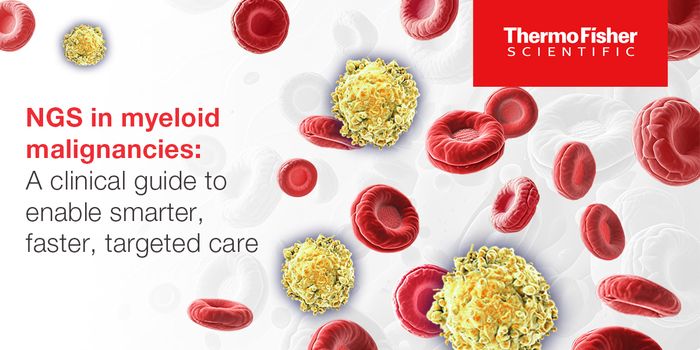Scientists Strip Pancreatic Tumor of its Protective Shell
For years, pancreatic cancer has bested even the most aggressive therapy. But now, Australian researchers report the discovery of a key protein that, once targeted, can slow down the growth and spread of the pancreatic tumor. Such treatment may offer a rare hope in the face of this often lethal cancer.
Pancreatic cancer has one of the worst mortality rates of all cancer types, largely because the cancer spreads rapidly and is seldom detected in its early stages. In fact, more than 90 percent of pancreatic cancer cases are diagnosed at the metastatic stage when there are only limited therapeutic options. As such, only one in four patients survive past the one-year mark from diagnosis.
In an effort to improve treatment, researchers at the University of Melbourne poured over the tumor biology. They hoped to identify key molecules that drive the aggressive progression of pancreatic cancer. Indeed, they honed in on a protein called p21-activated kinase (PAK1), which is present in the stellate cells that surround and protect the main tumor.
The team found that PAK1 was key to the fibrosis process initiated by the stellate cells. Furthermore, PAK1 aids in the proliferation and spread of the main tumor – two key features that make pancreatic cancer so deadly.
Once they identified this protein, the team began to experiment with ways to target it. By inhibiting PAK1, the team found that tumors had less scar tissues. This meant that chemotherapy regimens were more effective now that the tumor can’t hide behind its protective shell. In mouse studies, targeting PAK1 led to reduced tumor growth and increased survival.
"Targeting PAK1 could reduce the fibrosis surrounding pancreatic tumors and allow conventional chemotherapies to have a greater effect on the tumors,” said Dr. Mehrdad Nikfarjam, a pancreatic surgeon at the University of Melbourne, and the study’s lead author.
Of note, p21-activated kinases have been implicated in a variety of cancer types, as these enzymes are regularly involved in cancer-promoting pathways such as cell motility and apoptosis. Thus, if further targeting of PAK1 proves promising for pancreatic cancer, perhaps this therapy can also be applied to other types of cancers in which PAKs are active.
"PAK1's role as an important signaling protein in both the tumor and tumor environment is an important finding in unravelling the puzzle that is pancreatic cancer," said Dr. Nikfarjam.
Additional sources: University of Melbourne









